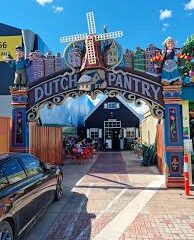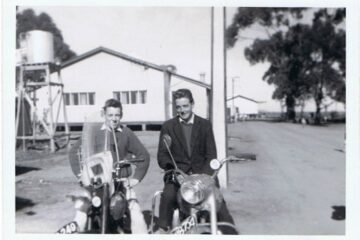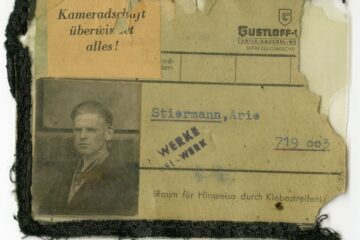Creswick welcomes the Dutch
The Creswick and District Historical Society, Inc. has published a new history of Dutch immigration to Creswick, contributed by the Dutch community. This essay, “Creswick Welcomes the Dutch,” authored by Jack van Beveren, Gerarda van Hamond, Jo van Oostveen, Rita Flapper, and Marilyn Lennox, chronicles the reasons for Dutch immigration to Australia, the challenges they faced upon arrival, and their settlement process.
The Dutch began migrating to Victoria during the 1850s gold rush, with their population growing significantly post-World War II. The war left the Netherlands devastated, prompting many to seek a better life abroad. In 1947, an immigration agreement between the Dutch and Australian governments facilitated this movement, offering affordable fares and support with housing and employment. The first wave of immigrants in 1947 saw 625 arrivals, growing to 36,284 by 1959.
Upon arriving in Victoria, many Dutch immigrants were processed at the Bonegilla Migrant Reception and Training Centre, which operated from 1947 to 1970. They were provided with English lessons and orientation to Australian life, and some found immediate work while others had to move to Melbourne for employment.
Creswick, a town north of Ballarat, became a key settlement area for Dutch immigrants, largely due to efforts by the Catholic Church and other local organisations. Father Des O’Hagan of the Ballarat diocese played a pivotal role, purchasing and renovating the Railway Hotel (renamed Caroline Chisholm House) to accommodate new arrivals. Managed by Bert and Fien van Hamond, the hostel provided essential support and information to help immigrants settle.
The Dutch community in Creswick quickly integrated, contributing significantly to the town’s revival. They started various businesses, enrolled their children in local schools, and became active in community life. Their resourcefulness and work ethic were highly appreciated by long-term residents, fostering a welcoming environment.
The essay notes that although some Dutch immigrants eventually returned to the Netherlands as the economic situation improved, many remained in Victoria, with a significant number settling permanently in Creswick. The Dutch immigrants have left a lasting legacy in the town, contributing to its economic and social fabric.
Little Holland
The name Little Holland was given to Creswick by the Dutch. As mentioned above the Catholic Church played a key role in the emigration history of the town. Father Leo Maas was the migrant chaplain for Victoria and established hostels, Dutch migrant organisations and he organised social meetings. In Creswick he also established a hostel. In 1961 two third of all the migrants who came to Creswick were Dutch.


